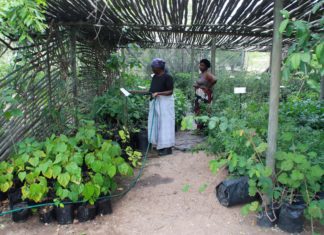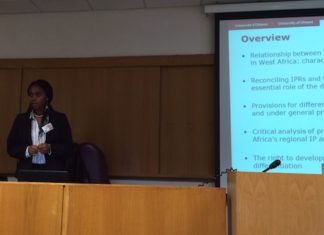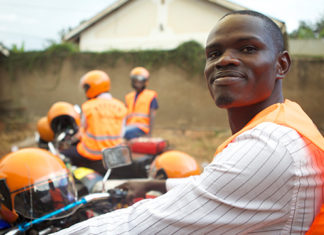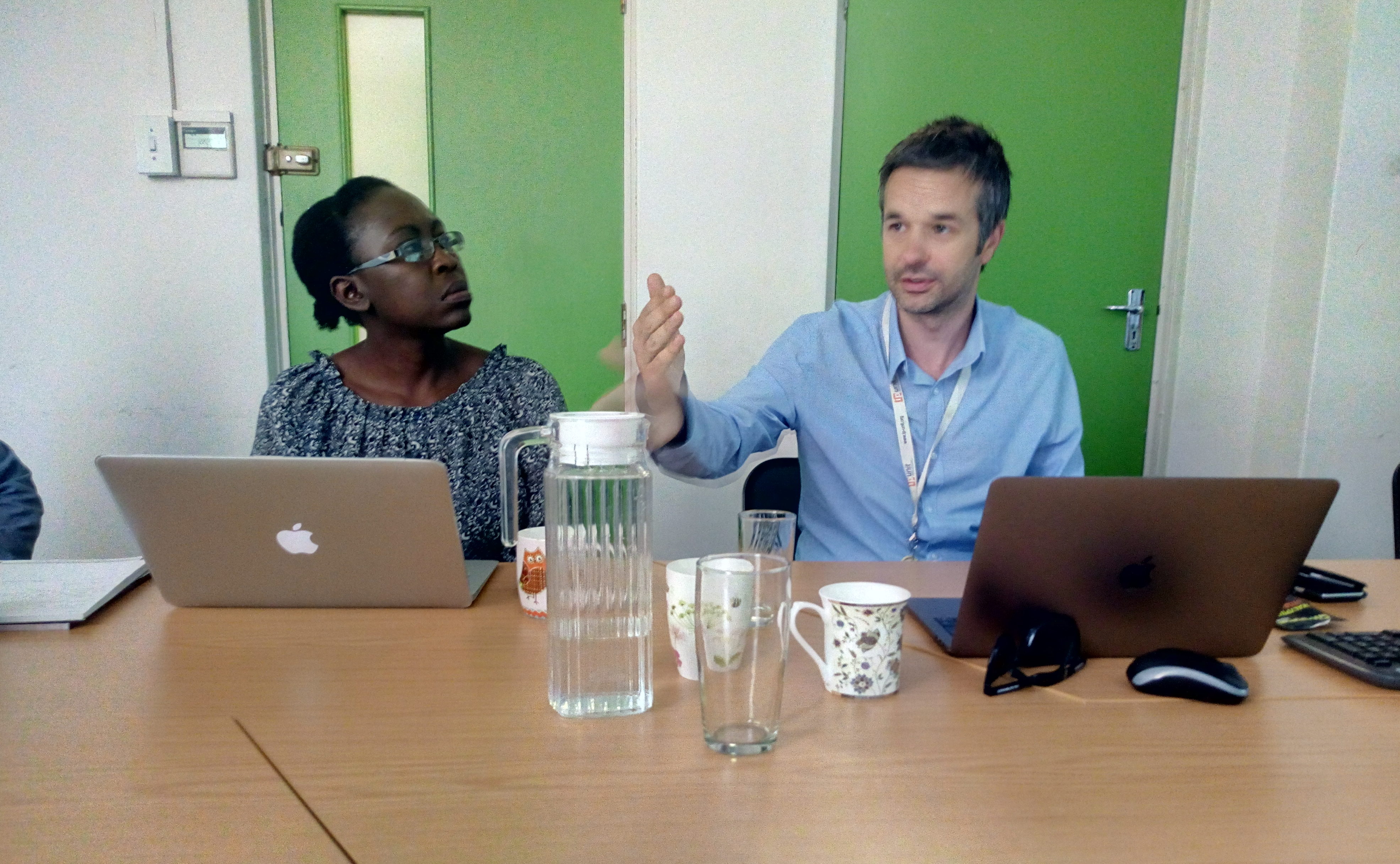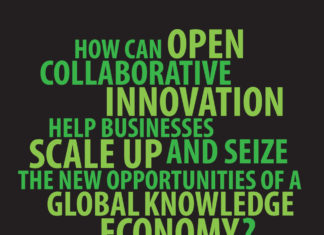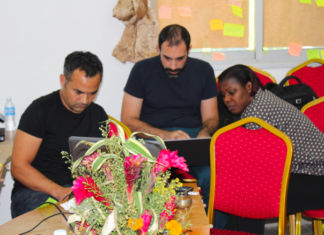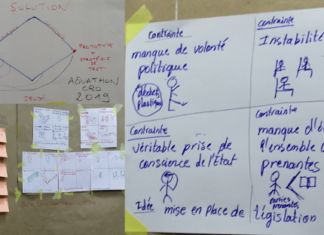Recognizing Informal Sector Innovation: Implications for Traditional Knowledge Development in Africa
In 2012, a civil society group called the Alliance for Food Sovereignty in Africa (AFSA), raised concerns about a draft Africa Regional Intellectual Property Organization (ARIPO) plant variety protection protocol. AFSA was concerned,
IP Implications for Food Security in Africa
Cross-posted from U of S Plant Phenotyping and Imaging Research Centre
By Uchenna Ugwu
Can you tell me a bit about yourself?
I am a PhD student...
Climate Change Injustice: Technology, Innovation and the Politics of Climate Change
By Olanrewaju A. Fagbohun, Ph.D, SAN
In charting a future course where the goal is about equitable and democratic end to fossil fuel production, we...
Exploring Crowd-Based Capitalism in Africa’s Sharing Economy
The sharing economy has been growing at an ever-accelerating pace throughout the world as peer-to-peer networks and collaborative company models continue to pop up. The sharing economy, according to Rachel Botsman, is “an economic model based on sharing underutilized assets, from spaces to skills to stuff, for monetary or non-monetary benefits.” They often involve platforms that enable the exchange of services between peers or businesses. Arun Sundarajan explains the sharing economy somewhat differently: “What is new, in the “sharing economy,” is that you are not helping a friend for free; you are providing these services to a stranger for money.” He describes this as “crowd-based capitalism.”
Access to COVID-19 Vaccines: the Patent Freeze Proposal and a New...
By Chidi Oguamanam and Sarah O’Flaherty
The State of Affairs
As the vaccination rate rises in Canada and other developed nations, developing countries globally continue to record an...
Workshop on Integrating Gender Perspectives into Research Projects: Focusing on Social...
By Desmond Oriakhogba
Recently, Open AIR participated in a workshop which focused on the integration of gender perspectives into research projects aimed at promoting social...
My First Week of COVID-19 in Town: a Week with More...
By Bertha Vallejo
I am an Open AIR QES Fellow with the University of Johannesburg, currently in The Netherlands, due to COVID-19/coronavirus. I have expertise...
Better metrics, better policies for knowledge and innovation in Africa
By Nagla Rizk
The Access to Knowledge for Development Center (A2K4D) leads the research on metrics, laws and policies within the Open African Innovation Research network...
Collaboration Nord-Sud et présentation du processus de l’innovation au système de...
par Ahou Rachel KOUMI
Ce blogpost est la première partie d’une série de deux blogs sur les Journées de l’Innovation en Contexte Académique réalisées du 19...
Innovation ouverte en contexte académique à Abidjan, Côte d’Ivoire
Par Ahou Rachel KOUMI
Ce blogpost est la deuxième partie d’une série de deux blogs sur les Journées de l’Innovation en Contexte Académique réalisées du 19...

